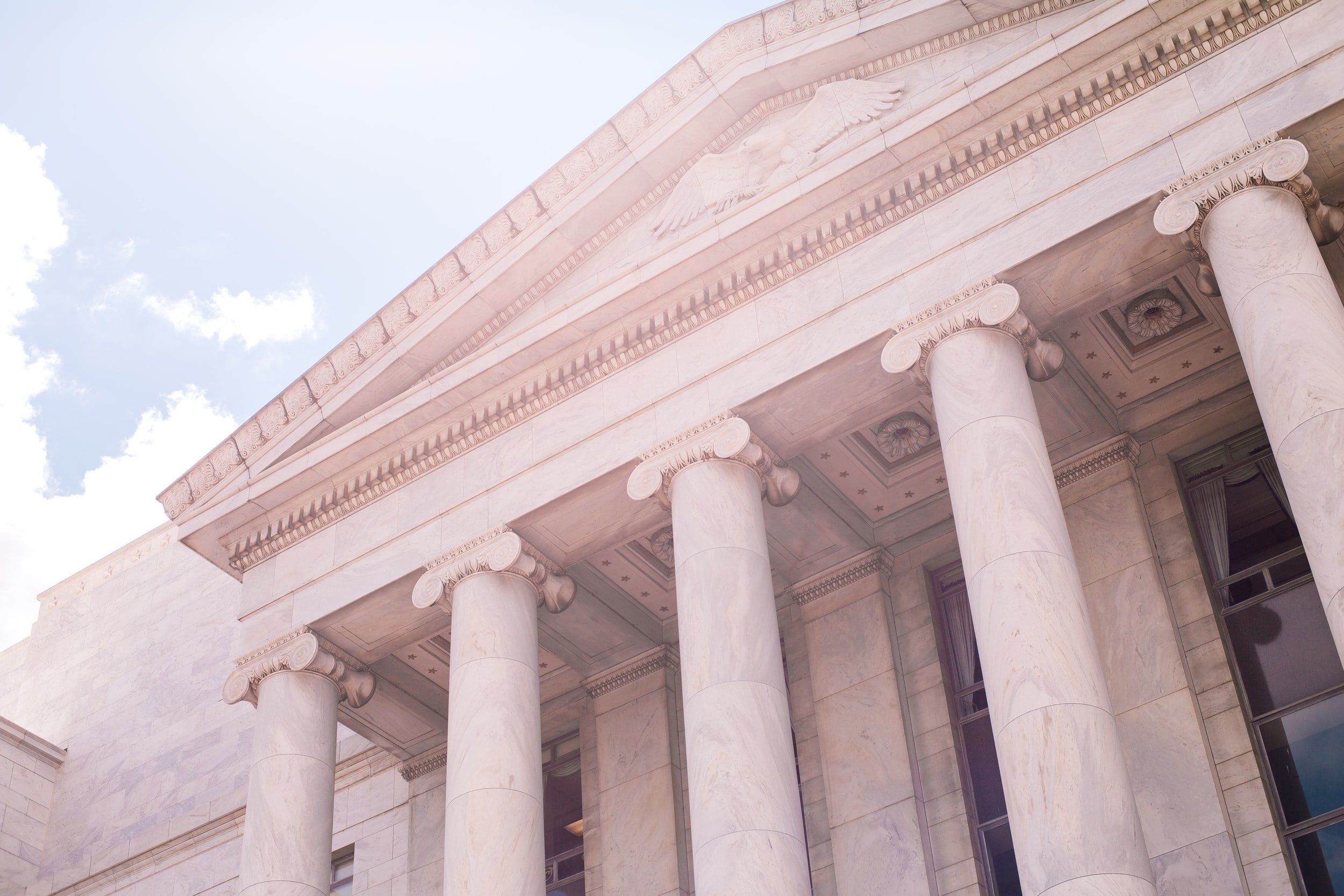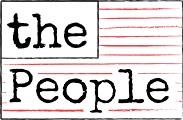
Civics U
A blog by Lynn Huenemann, a volunteer with The People
Lynn Huenemann has a passion for improving civic education in our country. His background includes having been a teacher and administrator at elementary, secondary, college and graduate levels with special work in multicultural and community-based education and curriculum design. His personal interests include world music, Reformed theology, and, of course, politics. Through this recurring column, he hopes to stimulate reflection and support civic education.
If you have specific topics that you would like to see addressed in this recurring column,
please email info@ThePeople.org with your suggestions.

Civics U: Natural Rights
Natural rights are rights that are considered to be universal human rights that are granted by nature or God, not granted by society or government and thus not to be revoked by society or government. They are believed to be “inalienable” because they are not (to be) dependent on laws or customs of a particular culture or government. They are an intrinsic part of human existence.

Civics U: The Logical Order of the First Amendment
The elements – rights of religion, speech and press, assembly, and petition – are each vital and necessary to a free society, and each one needs to be understood. But understanding their order – their sequence – is also important. The order is not random; rather, it is natural and logical.

Civics U: Practical Economics - What is a Dollar Worth?
Inflation is only one topic and dynamic of economics, along with matters such as deflation, employment and wages, housing availability and prices, subsidies, and tax levels. Further, economics includes analyses of how these factors intersect and affect one another, and explanations of what causes inflation, recessions, prosperity, wealth and poverty, et al.

Civics U: Policy Plus Administration
The legislative branch of government – congress, state legislatures, city councils, county commissions – establishes policies in the form of law and resolutions and by providing funding for specific programs. The executive branch, whether the president, governor, mayor, or manager then administers these policies as well as establishing policies of its own.

Civics U: What Form is Best, and What’s the Difference? Part 4 – Reflections: Foundations and Issues
This article will reflect further on two founding principles of the American political and social system and their application in the present circumstances.

Civics U: What Form is Best, and What’s the Difference? Part 3 – Reflections: Moral and Pragmatic Questions
The question in all of this is, “which type of government and economy is best?” and “best at what and best for whom?” Is a type of government system neutral? Can capitalism, socialism, and communism each be operated in a moral and ethical way? Can a dictatorship or monarchy be operated in a moral and benevolent way? Could each protect individual rights including the freedom of speech, religion, press, etc., or would this be a contradiction? Can a ‘good’ form of government be operated in an unethical or immoral way? And can even a free, democratic form of government involve dictatorship by the majority and a loss of minority rights?

Civics U: What Form is Best, and What’s the Difference? Part 2 – Comparing Countries
Part II will sketch an overview of the socialist and communist systems of Russia and China, as well as the feudal dictatorship system of Saudi Arabia as background for then reflecting on American democracy and capitalism. These systems will be reviewed by generally applying the rubrics of government power and elections; property and economics; and human rights.

Civics U: What Form is Best, and What’s the Difference? Part I
The various types of government and economic systems include forms of democracy, dictatorship, monarchy, socialism, communism, feudalism, theocracy, and capitalism. A society’s or a country’s specific political, economic, and social systems can be distinguished, but they remain interrelated.

Civics U: Religion in Culture
From an anthropological as well a historical viewpoint, religion- that is, a people’s world view – is at the core of traditional cultures around the world. Religion in this sense includes not only beliefs in supernatural powers or God or gods, and related ceremonies, but is the basis for cultural values, and social systems and relationships.

Civics U: Administrative and Moral
The elements and components of government operations have both administrative and moral aspects. The administrative aspects have to do with the how – how the action is performed and whether the operation or action is efficient, effective, and productive. The moral aspect has to do with the what – what the purpose is and whether the operation or action is honest, constructive, and helpful to the people it serves or the society in general.
